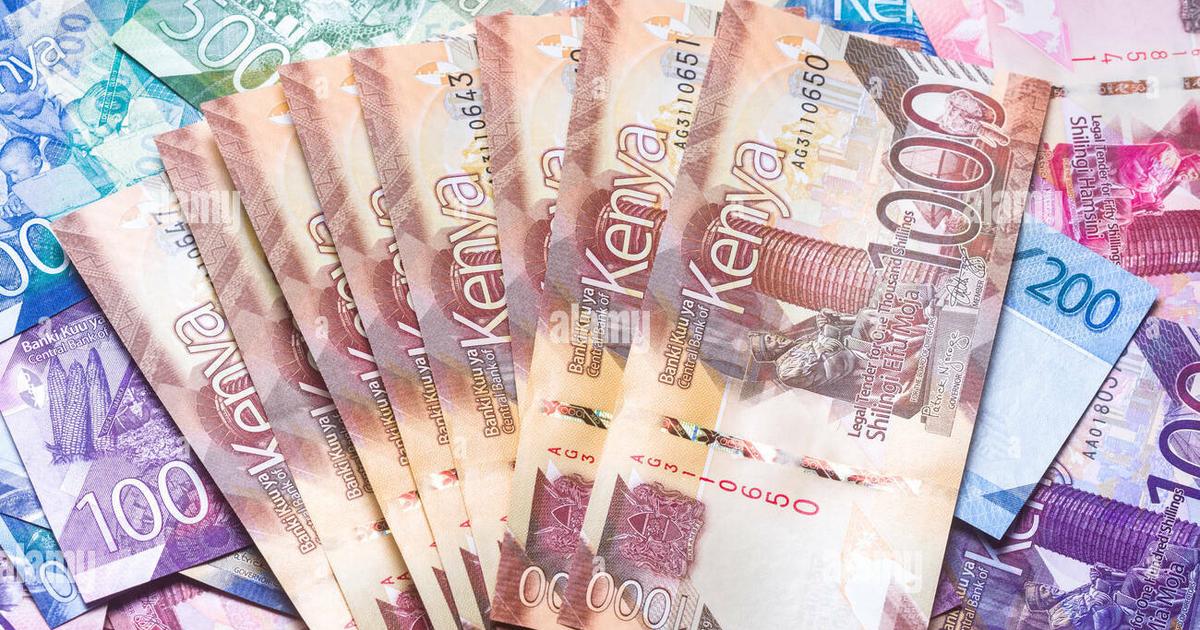In the past year, the Kenyan currency has experienced a significant depreciation. Year-to-date, it has depreciated by 21.4%, currently trading at 150.04 against the U.S. dollar. This depreciation has had a profound impact on the country’s economy, particularly evident in the increased prices of goods, with fuel prices being one of the most affected, though it’s important not to overlook the role of taxes in these high fuel prices.
Devalued currency typically brings certain advantages. One of these benefits is lower foreign prices for exports, potentially increasing the country’s competitiveness in the global market and improving its balance of trade position. These advantages should be reflected in both the quantities and values of exports.
According to the most recent data from the Kenya National Bureau of Statistics, released in August, the total value of exports rose from KES 82.58 billion in July 2023 to KES 94.27 billion. Among the major export items, only coffee experienced a decline in exported quantities, dropping from 6,174.90 MT in July 2023 to 4,652.03 MT. In contrast, tea exports surged from 39,943.62 MT to 58,590.66 MT in July 2023. The tourism industry, a crucial component of Kenya’s economy, has also benefited, as the devaluation has made visiting Kenya more affordable for foreign tourists, leading to an increase in arrivals. During the same period, the Kenyan shilling depreciated by 2.0%, moving from KES 142.5 in July to KES 145.4 in August.
Despite the overall negative effects of the weakening currency, the data suggests some positive developments. Subsequent reports are likely to show an upward trajectory in export figures, potentially invigorating Kenya’s economic recovery. Increased demand for Kenyan goods and services can lead to higher revenues for businesses, potentially resulting in increased investment, job creation, and economic growth.
This experience with a devalued currency underscores the importance of diversifying export markets and products. A more robust export market and higher export values could have facilitated a smoother path to economic recovery. By investing in value addition and exploring new trading partners, Kenya can strengthen its export base and leverage a competitive exchange rate.
It’s not all negative news. Even amid economic uncertainties, there are positive prospects. The country has the potential to harness the advantages of a devalued currency for economic growth and recovery. However, careful management by policymakers is essential to ensure a win-win scenario for exporters and the general Kenyan population.












